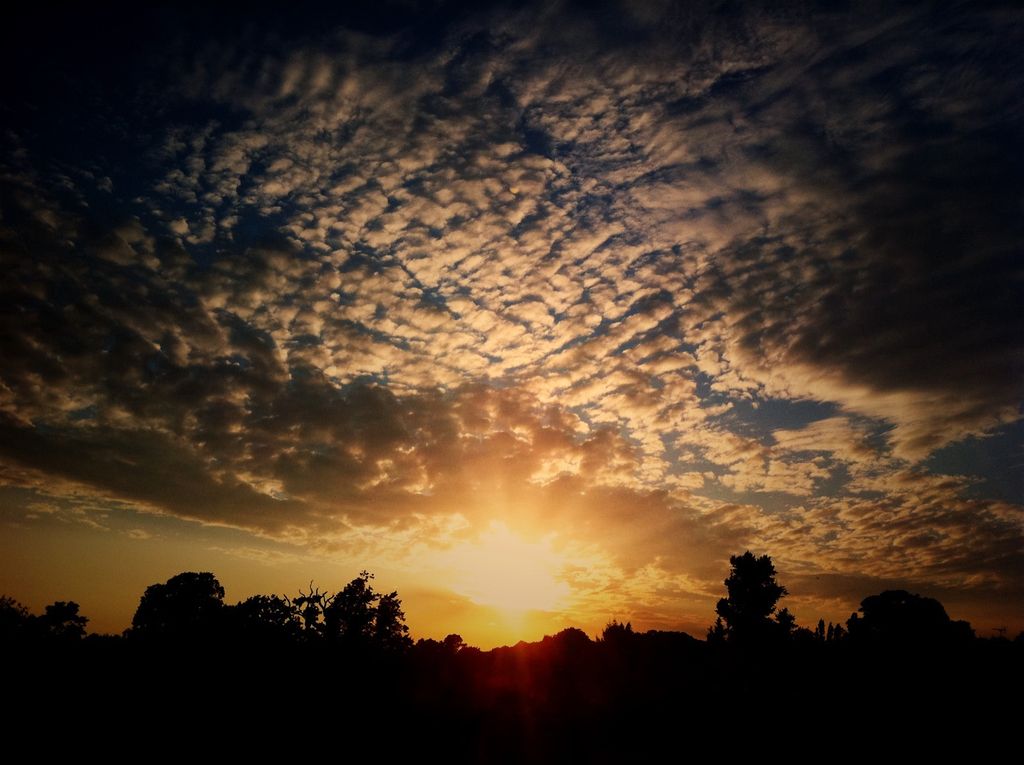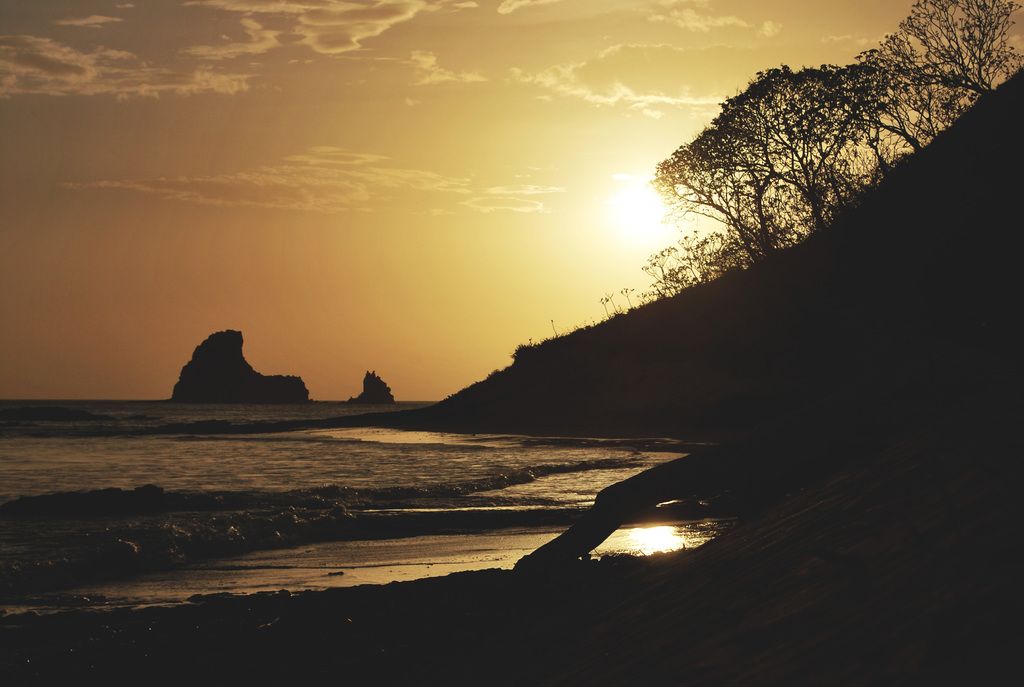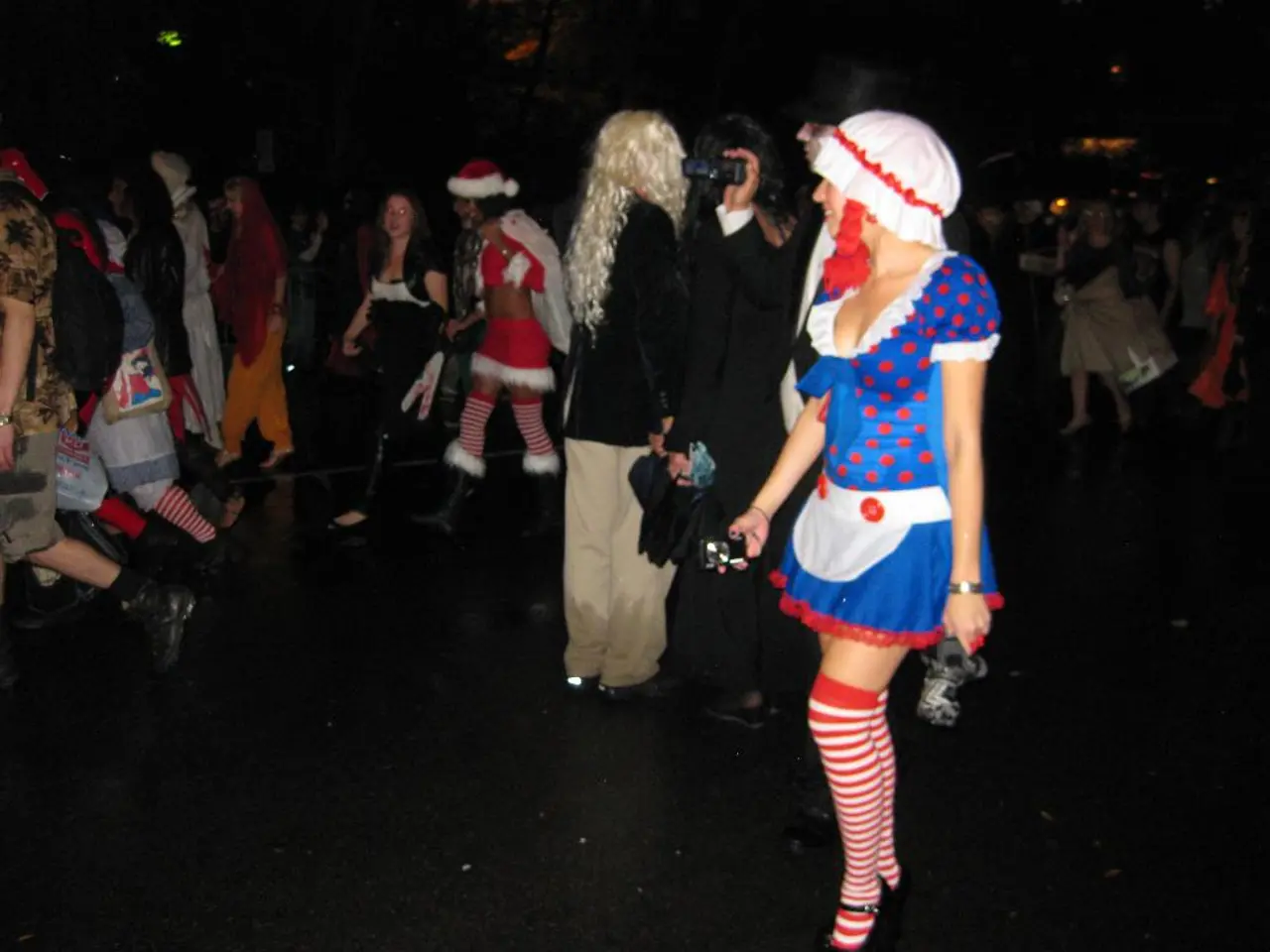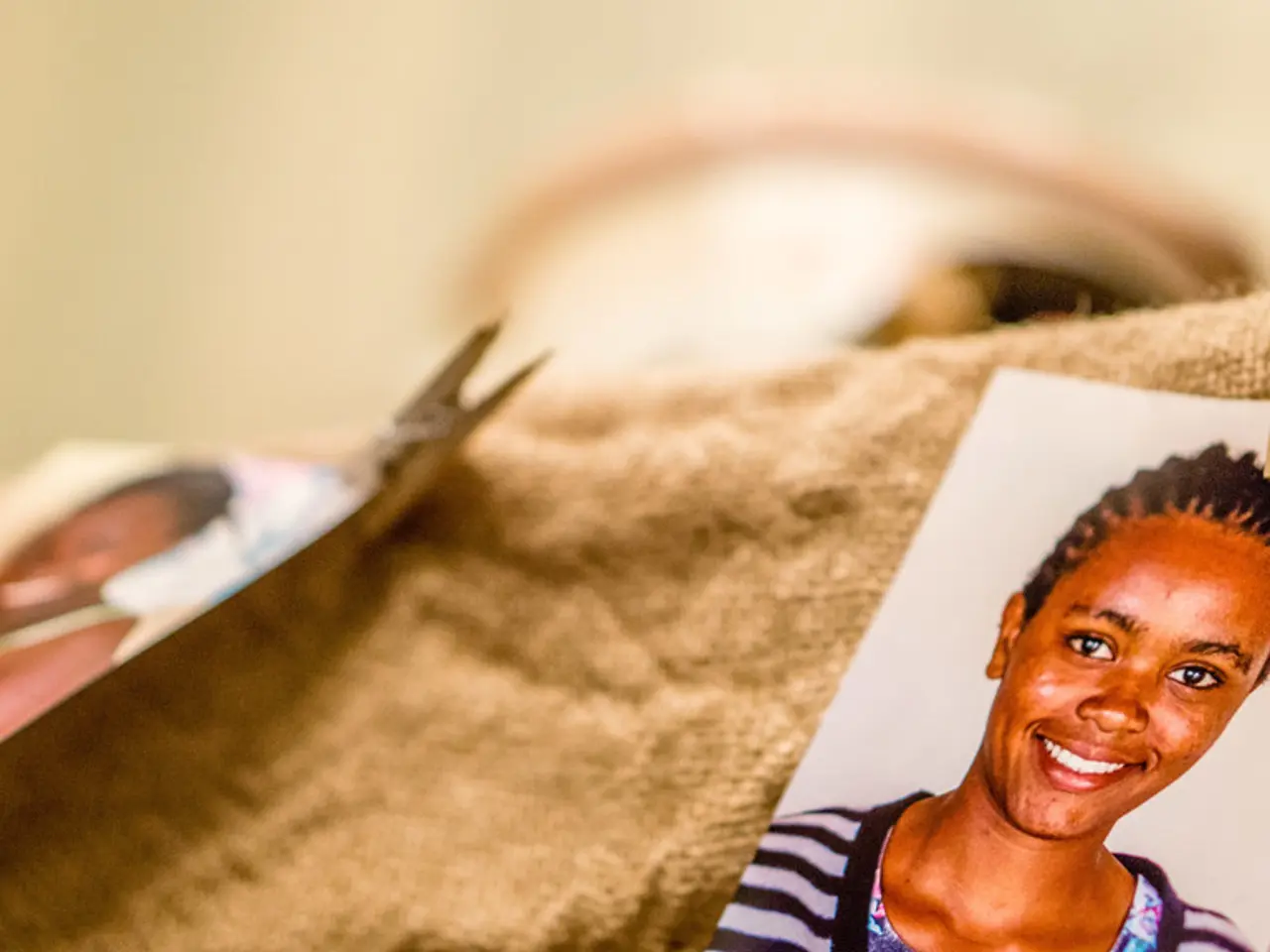Diversity Fallout in the Beauty Industry: Darker Skin Tones Left Out
Criticized beauty entrepreneur Golloria George encounters backlash perceived as discriminatory following her critique of YSL blush
In the bustling world of social media, Golloria George, a well-known TikTok personality, has made quite the splash with her striking make-up reviews and advocacy for inclusivity in the beauty industry. Her relentless critiques of brands for their lack of diversity in product lines, specifically for darker skin tones, have gained her a powerful voice. However, her latest review of Yves Saint Laurent's (YSL) Make Me Blush Liquid Blushes, which she found to be a dismal failure on her skin, unleashed a torrent of criticism - most of it discriminatory and hurtful.
George's Blush Blunder
Golloria George, not one to shy away from speaking her mind, has been a vocal advocator for diversity in the beauty industry for quite some time. From her early expose on Youthforia's black foundation shade to her scathing reviews of Rhode Beauty's Pocket Blush, she has shown no mercy to brands that fail to cater to the needs of darker-skinned individuals.
Her honest review of YSL's blush range, unfortunately, did not turn out as she had hoped. After swatching the blushes on her skin, she found that none of them worked for her complexion. "They all have a white base, and none of these are going to work on skin as dark as mine," she explained, urging the brand to "take it back to the lab."
The backlash was swift, with both George and another creator, Monica Ravichandran, being harshly criticized and even accused of complaining about products not meant for them. The disappointing response underscores a recurring issue: the beauty industry's persistent failure to cater to Black and brown consumers.
A Tired Battle: Equality in the Beauty Industry
This unfortunate incident highlights a longstanding problem within the beauty industry: the lack of diversity and inclusivity in product lines for darker-skinned individuals. Despite centuries of conversation about the need for shade diversity, many brands still struggle to make products that work for darker skin tones. Even when products are available in darker shades, they often run out of stock, further eroding trust between consumers and brands.
The root of the issue lies in the predominantly white makeup industry, where senior members in large beauty brands contribute to a homogeneous perspective in product development. This problem is not new; the conversation about the lack of diversity has been ongoing for years. Despite this, it seems that some brands have yet to embrace the necessity of inclusivity in 2024.
Brands' reluctance to adapt to changing consumer expectations is not without consequence. They risk losing market share, damaging their reputation, missing out on opportunities to tap into underserved markets, and facing increased regulatory and social scrutiny. Moreover, Black consumers are three times more likely to be dissatisfied with available products, especially in areas like hair care, skincare, and makeup, according to a McKinsey & Company report.
In light of these issues, it is clear that the beauty industry needs to take significant steps towards inclusivity if it hopes to break free from its troubled past and appeal to the diverse customer base of today and tomorrow.
Popular Reads
- By Aliyah Amari: Beauty Industry's Inclusion Problem: A History
- By Neoma Knight: The Impact of Social Media on the Beauty Industry
- By Jamilah Jabeen: The Rise of Inclusive Beauty Brands
- By Aziza Brown: How Consumers are Demanding Greater Diversity in the Beauty Industry
Enrichment Data:
Overall:
Lack of Inclusivity in the Beauty Industry for Darker Skin Tones
Historically, the beauty industry has shown a glaring lack of inclusivity, particularly towards individuals with darker skin tones. Factors contributing to this include:
- Limited Understanding: Beauty professionals were traditionally educated on fair skin and straight hair, leaving a significant knowledge gap regarding diverse skin types and conditions, leading to poor results or adverse effects on darker-skinned clients.[1]
- Product Development: Many skincare and makeup products weren't designed with melanin-rich skin in mind, leading to products that often fail to address issues specific to darker skin tones such as hyperpigmentation and dryness.[2]
- Market Trends: The inclusion of diverse skin tones in product development has only recently become a priority, with Rihanna's Fenty Beauty in 2017 marking a significant shift in the industry.[2]
Consequences for Brands:
- Loss of Market Share: A failure to cater to diverse skin tones may result in the loss of potential customers seeking products tailored to their specific needs, resulting in lost market share to competitors prioritizing inclusivity.[2]
- Reputation Damage: Brands perceived as exclusionary may suffer reputational harm as consumers increasingly prioritize brands in line with their values of inclusivity and diversity.[1]
- Missed Opportunities: The neglect of darker skin tones in product development means brands miss out on chances to tap into substantial market segments and build brand loyalty amongst underserved communities.[1]
- Regulatory and Social Scrutiny: Brands that fail to adapt to evolving societal expectations of inclusivity risk facing elevated scrutiny from regulatory bodies and social media, potentially impacting their long-term sustainability.[3]
In recent times, a movement towards inclusivity in the beauty industry has emerged, with brands increasingly developing products for skin of color and advocating for greater diversity.[2][4]
- Golloria George's latest social media critique of Yves Saint Laurent's Make Me Blush Liquid Blushes, intended to highlight the brand's lack of catering to darker-skinned individuals, sparked controversy and led to accusations of complaining about products not designed for them, showcasing the ongoing struggle for equality in the beauty industry.
- Amidst a world where social media platforms have become platforms for pop-culture discourse, celebrities like George use their influence to advocate for diversity and inclusivity in the beauty industry, a sector still grappling with the need for shade diversity, as highlighted by the Persistent shortcomings in the industry, and the recurring issues with many brands' failure to cater to Black and brown consumers, remain key topics in pop-culture discussion.








